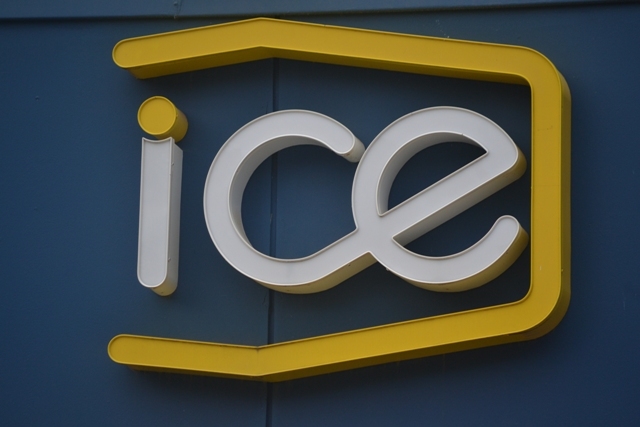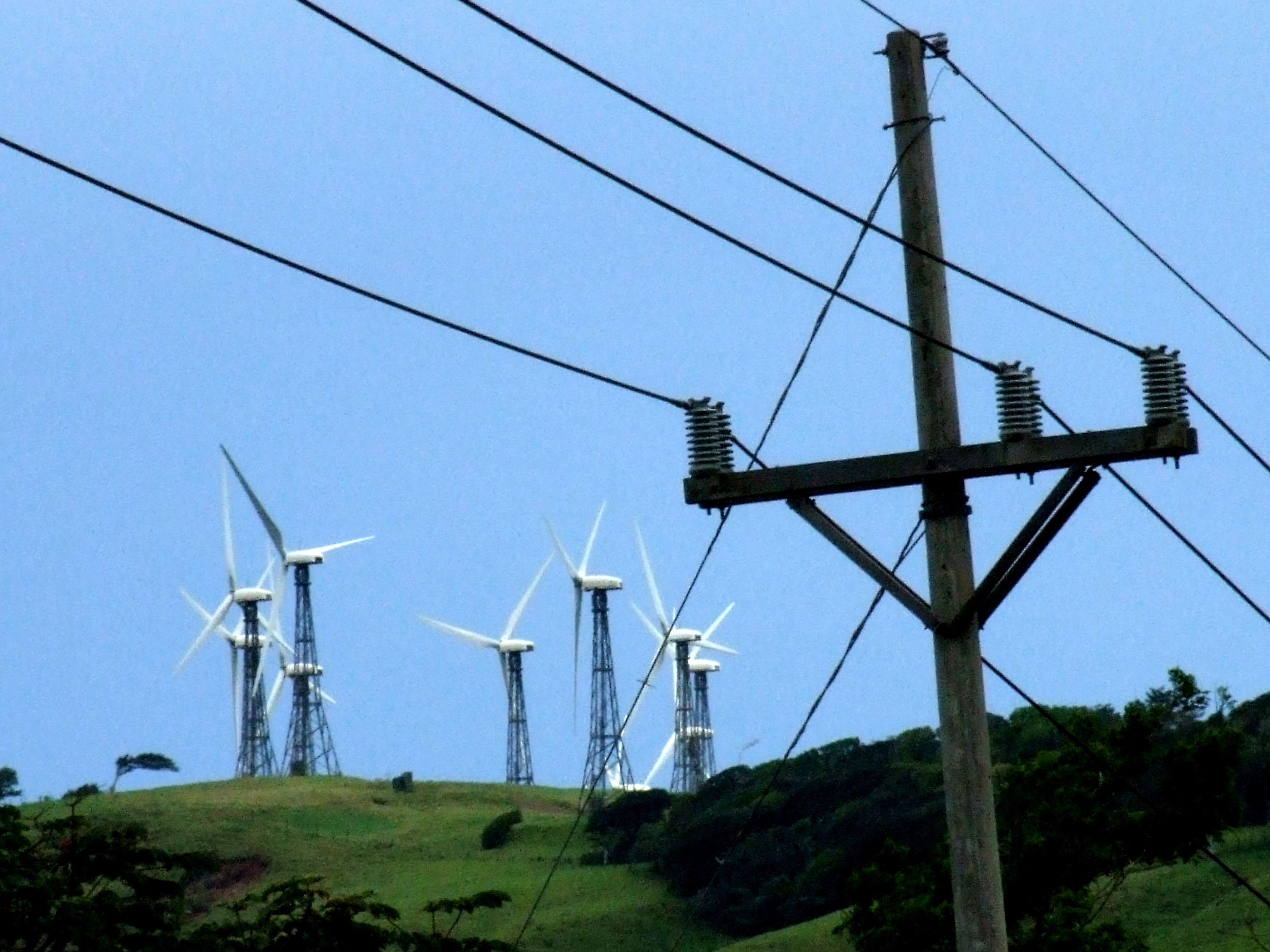Costa Rica Opinion – There is nothing more humorous than listening to Costa Rica’s political parties talking about how much they care about the environment, when they don’t lead by example. I, personally, do not play the environmentalist card, because it doesn’t agree with me. However, it doesn’t bother me when others do, as long as they are true to their words.
 On May 10, La Nación reported that a private energy company can sell each kilowatt per hour (kWh) at CR$37, three times cheaper than the average kWh price produced in Garabito (canton of Costa Rica). It’s worth considering that Garabito produces 80 percent of the country’s energy with thermal plants. Through these plants, they burn 20 percent diesel and 80 percent bunker fuel, which is being used to cover the country’s energy deficit. Costa Rica has also recently began to import its energy.
On May 10, La Nación reported that a private energy company can sell each kilowatt per hour (kWh) at CR$37, three times cheaper than the average kWh price produced in Garabito (canton of Costa Rica). It’s worth considering that Garabito produces 80 percent of the country’s energy with thermal plants. Through these plants, they burn 20 percent diesel and 80 percent bunker fuel, which is being used to cover the country’s energy deficit. Costa Rica has also recently began to import its energy.
Curiously, the Costa Rican Institute of Electricity (ICE) can only purchase 15 percent of the privately generated energy, even though this fuel is renewable and produced much more cheaply than the average ICE price.
However, the two political parties that talk about the environment the most, including the current ruling party, are the ones who refuse to raise the limit to 30 percent (Electric Contingency Law), much less open up the electricity market.
In other words, these parties reject the idea of using the most environmentally friendly energy, that could also potentially lower electricity bills, because it is produced by private industries. They defend a state-run monopoly over low-priced, clean energy.
On January 6, former Minister of Environment and Energy Roberto Dobles said he believed it was important for Costa Rica to begin producing natural gas. Environmentalists opposed the idea, arguing that fracking could potentially damage aquifers and other structures in the environment. Dobles has said he agrees that there are legitimate environmental concerns, but believes the economic benefits outweigh any potential damage.
The former minister also told La República that there are many “non-experts” in Costa Rica that are opposed to the idea of producing natural gas because of fracking concerns.
It’s surprising that even though these politicians know that natural gas is cleaner and cheaper, and fracking may not even be necessary, they still oppose this measure. I remind you that a directive from the president is all that is required to begin exploration, since the regulatory framework already exists.
Costa Rican politicians who hide behind environmentalism are just like watermelons: green on the outside, but red on the inside. They prefer to oppose private industry than lower electricity prices and produce more environmentally friendly energy. They prefer to defend ICE’s monopoly and the interests of the unions than support a policy that benefits both the environment and Costa Rican families.
By DAVID RODRÍGUEZ SUÁREZ, From http://panampost.com/

